国际学生入学条件
Hold a baccalaureate degree from an accredited college or university, or have done work equivalent to that required for such a degree.
Show promise of ability to pursue advanced study and research, as judged by the student’s scholastic record.
Have adequate preparation to enter graduate study in the chosen field. Have at least a 2.75 (2.00=C) undergraduate grade point average.
For review and decision purposes you are required to upload an unofficial copy of your transcript(s) in the application. We require one copy of the scanned transcript from each undergraduate and graduate institution that you attended. Include any transcripts, mark sheets, or grade reports, and any certificates, degrees, diplomas, or statements of graduation or completion from each college or university attended, regardless of the length of attendance, whether or not courses were completed, and whether or not you believe the record will affect your admission or transfer of credit.
Internet Based TOEFL- 75
IELTS - 6.0
Duolingo - 120
Hold a baccalaureate degree from an accredited college or university, or have done work equivalent to that required for such a degree.
Show promise of ability to pursue advanced study and research, as judged by the student’s scholastic record.
Have adequate preparation to enter graduate study in the chosen field. Have at least a 2.75 (2.00=C) undergraduate grade point average.
Applicants to programs in the College of Engineering and Applied Science must have a 3.00 (3.00=B) undergraduate grade point average. Note: applicants who cannot meet this undergraduate standard may still secure regular admission if they have completed 9 semester hours of relevant graduate course work with at least a 3.25 grade point average.
展开
IDP—雅思考试联合主办方

雅思考试总分
6.0
- 雅思总分:6
- 托福网考总分:75
- 托福笔试总分:537
- 其他语言考试:Duolingo - 120
CRICOS代码:
申请截止日期: 请与IDP联系 以获取详细信息。
课程简介
Research in structural geology and tectonics seeks to define how and why deformation occurs within the earth at scales from mineral fabrics to lithospheric plates, and at time frames ranging from short-lived earthquake ruptures lasting only minutes to growth of mountain belts spanning tens of millions of years. Our research aims to understand the boundary stresses that drive strain, the role of rock strength in the growth of structures, mountain belts and oceans, and how the history of plate motions has shaped topics as diverse as seismicity, evolution and climate change. Faculty who undertake research in this field at the Department of Geological Sciences at CU Boulder include geodynamicists, structural geologists, geochronologists, seismologists, planetary geologists, geochemists, geodesists and geomorphologists. Structure and tectonics advances most clearly when multiple approaches are focused on the problems at hand, a point made by the frequent collaborations between faculty and graduate students in this research focus at CU Boulder.
展开







 预科
预科 奖学金
奖学金 实习机会
实习机会 在校学习
在校学习 跨境学习
跨境学习 校园授课-线上开始
校园授课-线上开始 在线/远程学习
在线/远程学习





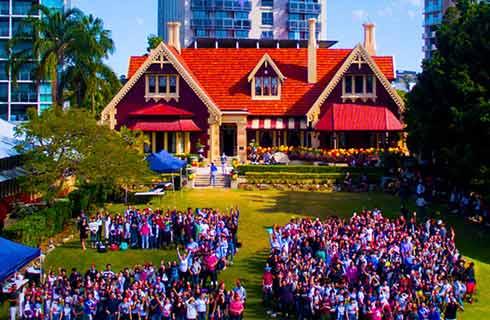

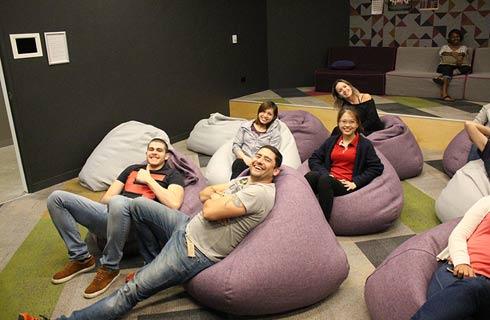





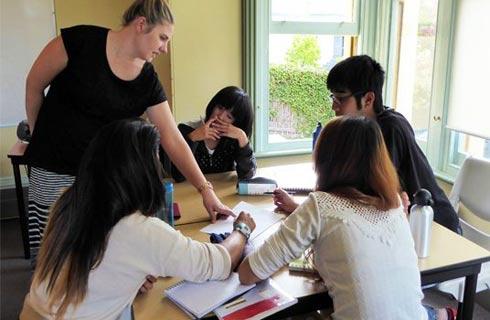
 劳伦森大学
劳伦森大学
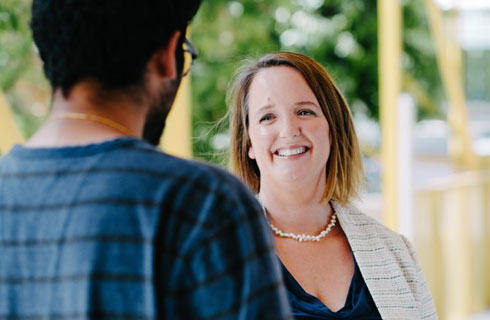
 劳伦森大学
劳伦森大学

 阿卡迪亚大学
阿卡迪亚大学

 阿卡迪亚大学
阿卡迪亚大学
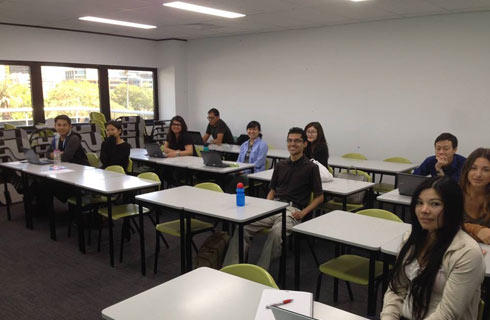
 阿卡迪亚大学
阿卡迪亚大学
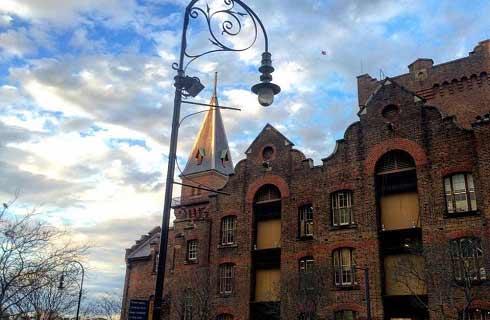
 北阿尔伯塔理工学院
北阿尔伯塔理工学院









 美国
美国